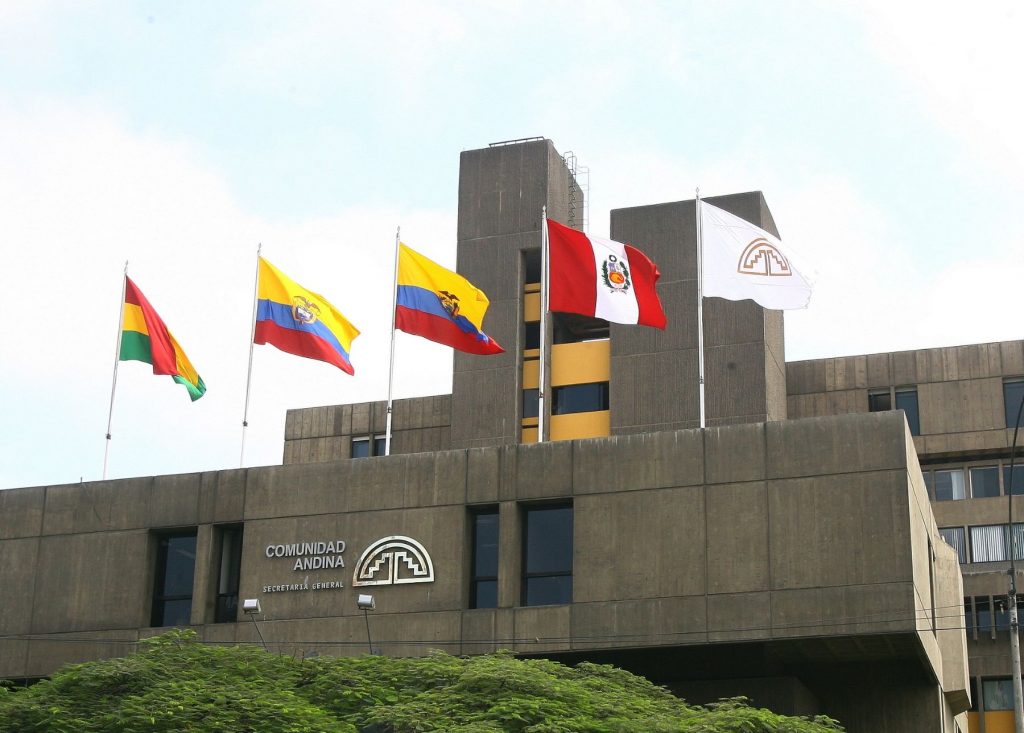For the Supreme Court, the voice of a man is worth more than 30 million citizens. Although the various bodies of the State boast a “participatory and people-led” democracy, the Venezuelan people were an unwelcome guest in the process that ended with the withdrawal of the country from the Andean Community of Nations.
The Supreme Court could have reversed this situation. Representatives of the Federal Republican Party urged the High Court to overturn the decision made by the late President Hugo Chávez, appealing to Article 62 of the Constitution which states: “All citizens have the right to participate freely in public affairs, directly or through their elected representatives. The participation of people in planning, implementation and monitoring of governance is the means to achieve their leading role that guarantees their full development, both individually and collectively. It is the duty of the State and society to facilitate the creation of the most favourable conditions for this right.”
The organisation also reminded the judges that Article 71 of the Constitution states that “matters of special national importance may be put to a referendum on the initiative of the President of the Republic in Council of Ministers; by resolution of the National Assembly, approved by the majority vote of its members; or at the request of no fewer than ten percent of the voters registered in the civil and electoral roll.”
However, of all the words in the constitutional provision above, the then president of the Supreme Court and presenting judge, Luisa Estella Morales, highlighted only one: “may”. And thus, she concluded that the Head of State was not obliged to consult with the country’s population about the withdrawal from the CAN. “From a simple reading of the partially transcribed article (71), it appears that it is not only an option of the President of the Republic in Council of Ministers to call a referendum, but citizens can, through the request of no fewer than ten percent of the voters registered with the Civil and Electoral Roll, call a referendum to that end.”
The decision to withdraw from the CAN opened a public debate about the negative impact it would have on domestic production, exports, the expected decline in jobs in industry and the drop in revenues for the State. But such scenarios did not sway the Venezuelan judiciary, which ruled that the “people power”, always present in all the speeches of the authorities, had no right to express their opinion in such a strategic issue for the Republic.
Extract of the judgment
This Court, while recognising the legitimation of the individual (…), notes that this appeal is inadmissible, since the infringement is not immediate, possible and attainable by the alleged offender, as the President of the Bolivarian Republic of Venezuela is not in the constitutional obligation to submit matters of special national significance to a referendum. This remains an option not only of the President of the Republic in Council of Ministers, but of the National Assembly, in accordance with Article 71 of the Constitution of the Bolivarian Republic of Venezuela (…)”.
